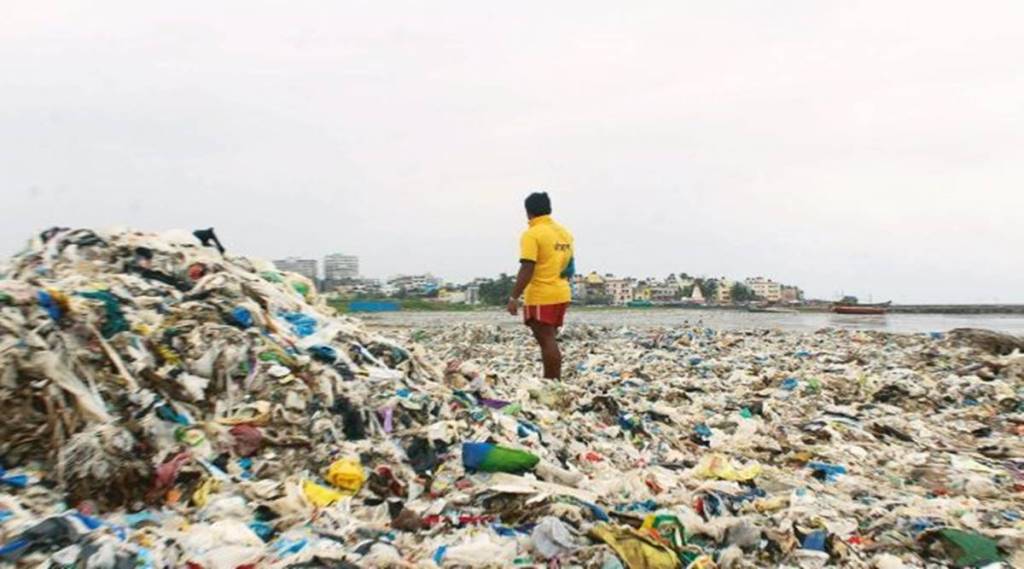In a bid to discuss the progress made in the remediation of Delhi’s three legacy dumpsites in Okhla, Ghazipur and Bhalswa, a high level meeting was conducted recently by the Ministry of Housing and Urban Affairs. According to MoHUA, the issue of legacy dumpsites across the country is a source of continuing environmental concern. A first of its kind initiative in India- the Swachh Bharat Mission – Urban (2.0) (SBM-U 2.0) has taken up the challenge in a targeted manner. To ensure that no new dumpsites are created going forward as well as all legacy dumpsites are remediated, now the focus of SBM-U 2.0 is on addressing both ends of the Solid Waste management chain, viz. managing generation and safe disposal of municipal solid waste in a sustainable manner.
The Swachh Bharat Mission is focusing on source segregation, collection and transportation of the segregated waste fractions, ensuring compliance by Bulk Waste Generators to manage their own waste, maximum resource recovery as well as scientific waste processing of all segregated waste fractions in order to prevent untreated fresh waste from ending up in landfills, and bio-remediating all legacy dumpsites to recover 15,000 acres of prime real estate buried under about 16 crore tonnes of legacy waste.
Besides, provision has been made for scientific landfills to dispose of untreated inerts and process rejects, in order to prevent fresh dumpsites from being created. This has been complemented by the directives of NGT which has made it compulsory for all legacy dumpsites to be remediated in a time-bound manner. The MoHUA has also been investing in focused capacity building as well as behavior change interventions among all stakeholders to bolster these efforts.
The MoHUA has already approved dumpsite remediation projects worth an amount of Rs 4,152 crores to remediate 963 lakh metric tonnes of legacy dumpsites occupying nearly 5,700 acres in over 600 Urban Local Bodies across 14 States and Union Territories. The approved sum includes projects worth Rs 776 crores to remediate 253 lakh metric tonnes covering an area of 186 acres across the MCDs of the national capital. Of the approved sum, Central government assistance of Rs 529 crores has already been released to States and UTs as first installments, including Rs 174 crores released to the Delhi government.
The three MCDs in Delhi reported that they generate 11,000 tonnes per day of solid waste collectively, of which nearly 5,900 tonnes per day are being scientifically processed currently, at three waste-to-energy plants situated at Narela Bawana, Ghazipur and Okhla sites. Till now, a total of around 42 lakh metric tonnes have been remediated at the three dumpsites, but according to the ministry, the balance untreated fresh waste that continues to be dumped at these sites offsets whatever remediation has happened so far.
During the meeting, all MCDs were requested to step up their efforts to segregate their waste at source. It was decided further that MCDs and Delhi Development authority would jointly discuss and settle all land related issues to facilitate the process of remediation. Besides, the DDA was also requested to explore opportunities to utilize less than 6 mm fractions of inerts as soil enricher in their horticulture as well as bio-diversity parks, to the extent feasible. The MCDs were requested to come up with detailed proposals for managing the fresh waste being generated regularly and send the proposals to MoHUA with due approval of State Government, to ensure that no extra dumpsites are created.


